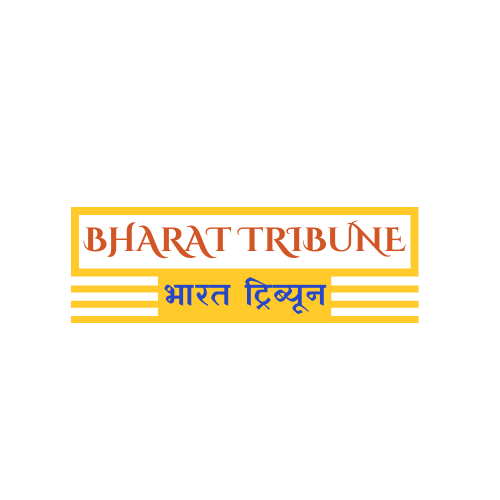Bangladesh's Political Landscape: Awami League's Exclusion and the Path to Future Elections
In a dramatic turn of events, Bangladesh's political scene has witnessed a significant shift. Following a mass uprising, Sheikh Hasina's Awami League has been ousted from power, facing an uncertain future and potential exclusion from upcoming elections. This unexpected development has left the nation wondering: What does this mean for the future of Bangladesh's democracy, and what will the next election hold?
The Fall of the Awami League
The ouster of Sheikh Hasina's Awami League regime was swift and decisive. The Anti-Discrimination Movement spearheaded a mass uprising that forced Hasina's exit and her party to effectively cease open political activity. Key figures have either fled the country or face criminal charges, leaving the party in disarray and vulnerable. Many observers consider the actions as a coup, though others highlight the intensity of widespread dissatisfaction as the cause.
The Anti-Discrimination Movement and its Demands
The movement behind this dramatic change, the Anti-Discrimination Movement, has made its intentions crystal clear. According to key adviser Mahfuz Alam, the upcoming elections will only feature parties considered "pro-Bangladesh," notably excluding the Awami League. This bold decision suggests the existence of factions who wish to prevent any participation from this key player in past governments. While some political parties claim the new government should serve the population first, there's little trust in its actions, suggesting ulterior political motives could be present.
The Role of Key Figures in the Movement
Key figures within the Anti-Discrimination Movement, like Mahfuz Alam and Asif Mahmud Sajeeb Bhuiyan, are key proponents for these political reforms. Their influence within the current interim government and pronouncements suggest the extent of control exerted on the direction of these political transitions and the composition of the coming elections.
The BNP and Other Parties' Responses
The Bangladesh Nationalist Party (BNP), a key opposition party, has responded with a mix of surprise and cautious optimism to the exclusion of the Awami League, suggesting a hesitancy on openly opposing the interim government. While expressing discomfort with banning any political party and demanding a timely election after essential reforms, they remain unclear about how far they are willing to stand by the former prime minister. They're likely balancing the potential advantages of an altered political landscape against the uncertain implications of full support for the interim government and the ramifications from such a powerful decision.
Calls for Reforms and Concerns about the Interim Government
Both the BNP and other political analysts voice considerable concerns. The length of the proposed reforms, which might potentially extend to a decade according to BNP figures, poses immense challenges to governance stability and democratic procedures. Moreover, the power concentration in the hands of unelected leaders has drawn significant opposition.
Speculations and Implications
With ongoing debates about possible new youth-led parties emerging from the student leadership within the Anti-Discrimination Movement, it is believed this will generate a further shift within the upcoming elections. This uncertainty poses additional anxieties about fairness and transparency in the democratic procedure and future governance, leading to fears about the consolidation of power and potential abuses.
The Uncertainty of the Future Elections
The timing of the next general election remains ambiguous. While Chief Adviser Yunus suggests a timeline possibly by the end of 2025 or early 2026, this projection hinges significantly on the implementation of planned political reforms. This suggests a degree of political opportunism whereby the interim government will remain until the situation most favors their desired outcome and until further changes can be undertaken.
The Election's Dependence on Political Consensus
The outcome largely depends on achieving a degree of consensus between the major political players—the BNP, Jamaat-e-Islam, and other "pro-Bangladesh" groups mentioned earlier. However, this goal poses great difficulty and has very limited potential for success. The deep divides between and lack of political will from various actors within these competing factions further reduces this chance.
Potential for Instability and Conflict
The continued exclusion of a significant political party like the Awami League is a considerable source of ongoing instability, raising concerns of conflict and undermining efforts at building a unified, peaceful Bangladesh. Further tensions could emerge if these events continue to develop in this manner without the successful mediation of the currently unfolding conflict.
Take Away Points
- The Awami League's exclusion from the upcoming Bangladesh elections marks a significant turning point in the nation's political landscape.
- The Anti-Discrimination Movement, spearheading this change, plans substantial reforms, raising concerns about the time it takes for their successful implementation.
- The BNP and others are responding with varying opinions. This highlights significant political fracturing and uncertainty within the country.
- The timing and nature of the future elections remain uncertain, with questions of fair and free participation, transparency and lasting stability within the next government. These elements cause further potential conflict and division.




